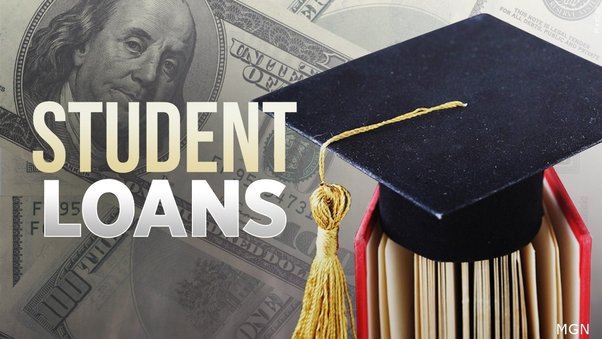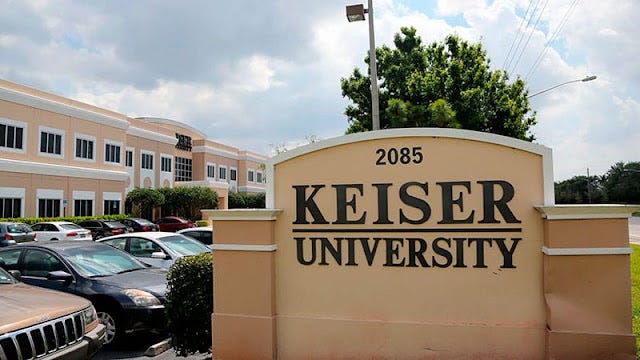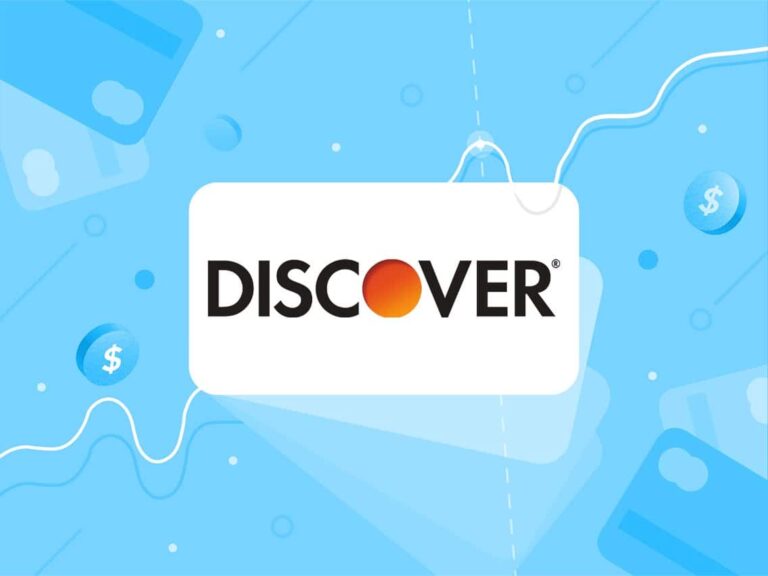How to Get Private Student Loans Discharged
Learn the ins and outs of getting private student loans discharged, including the various methods, requirements, and essential steps to take in order to alleviate your financial burden.
How to Get Private Student Loans Discharged
For many students, pursuing higher education is a dream come true. However, the cost of education can be overwhelming, requiring students to take out loans to finance their studies. Private student loans are a popular choice for those who need additional funding beyond federal loans.
But what happens when you’re unable to pay off your private student loans? This comprehensive guide will explore the various methods to get private student loans discharged, the requirements for each, and the steps you need to take to ease your financial burden.
Private VS Federal Student Loans
Before delving into the specifics of discharging private student loans, it’s essential to understand the difference between private and federal student loans. Federal student loans are funded by the U.S. government and come with various protections and repayment options.

Private student loans, on the other hand, are offered by private lenders such as banks, credit unions, and other financial institutions. Private loans typically have higher interest rates and fewer repayment options compared to federal loans, making them more challenging to manage.
Methods of Discharging Private Student Loans
There are several ways to get private student loans discharged. Each method has its own requirements, and not all borrowers will qualify for each type of discharge. Here are the most common methods:
Bankruptcy
While it is difficult to discharge private student loans through bankruptcy, it isn’t impossible. To qualify, you must prove that repaying the loan would cause you “undue hardship.” This typically involves demonstrating that you cannot maintain a minimal standard of living while repaying the loan, your financial situation is unlikely to improve, and you’ve made a good faith effort to repay the loan. Must Read: Top Free Online Courses In USA? How to Get Online Courses For Free?
Disability Discharge
Some private lenders may offer a disability discharge for borrowers who become permanently disabled and are unable to work. The specific requirements for a disability discharge vary by lender, but typically, you must provide proof of your disability, such as a letter from a physician or documentation from the Social Security Administration.
Death Discharge
In the unfortunate event of a borrower’s death, some private lenders may discharge the remaining balance on the student loan. The requirements for a death discharge vary by lender, but typically, a death certificate or other proof of death must be provided to the lender.
Statute of Limitations
In some cases, the statute of limitations on private student loan debt may expire, preventing the lender from taking legal action to collect the debt. The statute of limitations varies by state and the type of loan agreement. However, it’s essential to note that the statute of limitations does not eliminate the debt – it only prevents the lender from taking legal action.
How to Apply for a Discharge
If you believe you may qualify for a discharge, take the following steps:
- Gather documentation: Collect any relevant documents that support your case, such as medical records, financial statements, or proof of disability.
- Contact your lender: Reach out to your private student loan lender to discuss your situation and inquire about the discharge process.
- Submit an application: If your lender offers a discharge option, complete the necessary application and submit it along with any required documentation.
- Follow up: Stay in contact with your lender throughout the process and provide any additional information they request.
Alternatives to Discharge
If you’re unable to qualify for a discharge, consider these alternatives to help manage your private student loan debt:
- Refinance your loan: Refinancing involves taking out a new loan with a lower interest rate to pay off your existing private student loan. This can help reduce your monthly payments and save you money over the life of the loan.
- Negotiate a settlement: In some cases, you may be able to negotiate a settlement with your lender for a reduced lump-sum payment or a more manageable repayment plan.
- Income-driven repayment plan: While income-driven repayment plans are more common with federal loans, some private lenders may offer similar plans that base your monthly payments on your income and financial situation.
- Forbearance or deferment: If you’re experiencing temporary financial hardship, your lender may allow you to pause your loan payments through forbearance or deferment, although interest may continue to accrue during this time.
FAQs
Q: Are private student loans eligible for Public Service Loan Forgiveness?
A: No, Public Service Loan Forgiveness (PSLF) is only available for federal student loans. Private student loans are not eligible for PSLF.
Q: Can I consolidate my private student loans with my federal student loans?
A: While you can refinance both private and federal student loans together through a private lender, doing so will result in the loss of federal loan benefits, such as income-driven repayment plans, loan forgiveness programs, and deferment or forbearance options.
Q: What is the statute of limitations on private student loan debt?
A: The statute of limitations on private student loan debt varies by state and the type of loan agreement. It typically ranges from three to ten years, but it’s essential to check the specific laws in your state.
Q: Can I discharge private student loans if I’m unemployed?
A: Unemployment alone is generally not sufficient grounds for discharging private student loans. However, if you can prove that repaying your loans would cause undue hardship due to your financial situation, you may be able to discharge them through bankruptcy.
Q: What happens if I default on my private student loans?
A: If you default on your private student loans, your lender can take various actions to recover the debt, such as reporting the default to credit bureaus, which will negatively impact your credit score, or suing you to collect the debt. It’s crucial to communicate with your lender if you’re struggling to make payments and explore available options to avoid default.
Conclusion
Discharging private student loans can be a challenging process, but it’s not impossible. By understanding the different methods and requirements for discharging private student loans, you can better evaluate your options and take steps to ease your financial burden. If you don’t qualify for a discharge, consider the various alternatives to help manage your debt.





